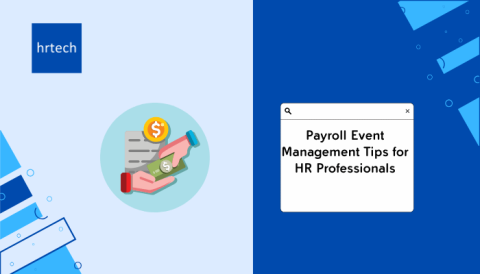Managing payroll is never simple. Whether you’re an HR professional or a business leader, you’ve likely faced challenges with calculations, compliance, and tight deadlines. Mistakes can lead to penalties, frustrated employees, and hours spent on corrections.
India currently faces the highest payroll staff shortage in the Asia-Pacific region. Around 75% of businesses report that the lack of skilled professionals impacts their payroll services. This gap leaves HR teams under pressure and increases the risk of payroll errors.
In this blog, we’ll explore the payroll process in India, challenges, key compliance rules, common mistakes, and practical solutions.
Key Takeaways:
- Payroll management is complex and requires careful attention to avoid errors, compliance issues, and delays in salary disbursements.
- Key compliance requirements include Provident Fund, Employee State Insurance, TDS, and professional tax, which must be handled accurately.
- Common payroll challenges include keeping up with regulatory changes, handling deductions, and ensuring timely payments to employees.
- Best practices for payroll management include regular audits, using payroll software, and maintaining clear communication with employees.
- TeamLease offers automated payroll solutions that ensure compliance, accurate calculations, on-time payments, and detailed reporting for businesses.
What is Payroll? Understanding Its Components and Impact on HR

Payroll is the process of compensating your employees for the work they do. It involves calculating their wages, applying the necessary deductions, and ensuring their salaries are disbursed correctly and on time. It’s a core HR responsibility that affects both people and processes.
Key Components of Payroll
- Basic Salary: Fixed monthly pay, forming the foundation of gross income.
- Allowances: Additional benefits such as HRA, travel, or special perks.
- Bonus or Overtime: Additional compensation awarded based on performance or extra hours worked.
- Deductions: Statutory amounts like PF, ESI, TDS, and professional tax.
- Net Salary: The final amount paid after deductions.
Why Payroll Matters to HR
- Timely, accurate payroll improves employee trust and reduces disputes.
- It ensures compliance with employment laws and tax regulations.
- Proper payroll management supports financial planning and avoids unnecessary penalties.
Once you’ve identified the key elements of payroll, it’s essential to focus on compliance. Meeting regulatory requirements will ensure your payroll process runs smoothly and avoids legal complications.
Key Compliance Requirements in Payroll Management

The payroll process in India must comply with several labor and tax laws while processing payroll. These rules change regularly, and non-compliance can lead to fines or legal action.
Major Statutory Requirements
- Provident Fund (PF): Both employer and employee contribute 12% of basic salary. It supports long-term savings.
- Employee State Insurance (ESI): Mandatory for employees earning below INR 21,000. It covers healthcare and social benefits.
- Tax Deducted at Source (TDS): Income tax is deducted monthly based on an employee’s declared income and exemptions.
- Professional Tax (PT): State-level tax applied based on income slabs. Rates differ by location.
- Gratuity: Paid to employees with five or more years of service. The Payment of Gratuity Act governs it.
- Labor Welfare Fund (LWF): A small contribution toward employee welfare programs. It applies only in certain states and industries.
Why It’s Crucial
- Meeting these requirements avoids financial and legal risks.
- It ensures employees receive all applicable benefits without delay.
- A compliant system strengthens the company’s reputation with both employees and authorities.
While adhering to compliance regulations is critical, the payroll process itself often presents various challenges.
Overcoming Challenges in Payroll Management

Payroll comes with its share of obstacles, especially when systems are manual or scattered. Here are the common challenges in the payroll process in India, along with practical steps to manage them.
- Regulatory Updates
- Labor laws and tax rules change frequently, and keeping up requires constant monitoring.
- Missing updates may result in underpayment or overpayment, which can lead to penalties.
- Complex Deductions
- Payroll involves calculating multiple contributions accurately.
- Errors in PF, TDS, or ESI can impact both the business and the employee’s trust.
- Payment Errors
- Incorrect salary amounts or missed deadlines create tension with employees.
- Even minor missteps can snowball into compliance or employee relations issues.
- Multi-State Compliance
- Different states follow different rules for professional tax and labor welfare fund.
- Handling region-specific rules adds complexity to payroll.
- Disputes and Queries
- Employees often raise concerns about deductions or missing payments.
- A lack of transparency can create frustration among employees, resulting in an additional workload for the HR team to address concerns.
- Delayed Disbursement
- Delays in crediting salaries lower employee morale.
- Unreliable systems often cause payment backlogs and compliance failures.
Now that we’ve identified the main challenges in the payroll process in India, it’s time to shift focus to the steps you can take to prevent them.
Best Practices for Managing Payroll in India

Consistent processes, accurate records, and transparent communication reduce most payroll problems. Below are recommended practices HR teams should adopt.
- Conduct Periodic Audits: Identify discrepancies early and avoid future disputes or fines.
- Ensure Timely Disbursements: Set strict internal deadlines to avoid payment delays.
- Clarify Deductions: Explain TDS, PF, or other deductions clearly on payslips to avoid confusion.
- Track Legal Changes: Stay updated with tax and labor law revisions through reliable government or advisory sources.
- Maintain Updated Records: Keep accurate data on employee earnings, attendance, and exemptions.
- Enable Employee Access: Let employees view payslips and payroll summaries through a secure self-service platform.
- Use Payroll Software: Automate recurring tasks like salary calculations, tax deductions, and report generation.
- Outsource When Needed: If managing payroll in-house becomes too complex, consider partnering with experts.
Using the right tools is just as crucial as following best practices for effective payroll management. The right tools help simplify complex tasks, reduce errors, and save time.
TeamLease: A Solution for Efficient Payroll Processing
If you’re looking for a reliable way to manage payroll without the errors and manual stress, TeamLease offers a complete payroll outsourcing solution tailored for Indian businesses. Here’s how TeamLease can support your HR function:
- Automated Salary Calculations: Ensures accurate pay based on attendance, inputs, and statutory rules.
- On-Time Salary Disbursement: Payments are made without delays, helping retain employee trust.
- Built-in Compliance Monitoring: Keeps up with changes in PF, ESI, TDS, and local tax laws so your business stays compliant.
- Direct Transfers to Employees: Fast, secure payments reduce dependency on manual processes or third-party banks.
- Employee Mobile Access: Employees can check payslips and tax details anytime using a simple mobile app.
- Dedicated Support Team: A payroll support desk answers queries and handles complex issues when needed.
- Detailed Reporting Tools: Generate payroll summaries, tax reports, and job-wise salary breakdowns instantly.
With TeamLease, your team can focus on people while we manage the processes that keep payroll running smoothly.
Ready to simplify your payroll process in India? Contact TeamLease today to learn how TeamLease can support your HR needs.
Conclusion
Payroll errors affect more than numbers; they affect people. Delayed payments, incorrect deductions, or missed compliance steps can lead to frustrated teams and severe penalties. But with the right approach, payroll doesn’t have to be stressful.
If you’re ready to simplify your payroll, reduce manual work, and stay compliant, we’re here to help.
Book a free demo with TeamLease today and see how our payroll solution fits your business needs.
Frequently Asked Questions (FAQs)
1. What Are The Main Payroll Challenges Faced By Hr Teams?
HR teams often struggle with regulatory compliance, manual errors, timely disbursements, and managing deductions like taxes, PF, and ESI. Each of these challenges requires constant attention to detail and timely action.
2. How Can I Ensure Payroll Compliance With Indian Labor Laws?
To ensure payroll compliance, stay updated with the latest tax regulations, review statutory requirements regularly, and use payroll software that automatically accounts for these laws.
3. What Role Does Payroll Software Play In Reducing Payroll Errors?
Payroll software automates calculations, ensures timely payments, and eliminates human error, reducing the risk of inaccuracies in salary disbursements and deductions.
4. Why Should A Business Consider Outsourcing Payroll Tasks?
Outsourcing payroll can help businesses manage complex calculations, stay compliant with changing regulations, and free up internal resources for other critical HR functions.
5. How Do I Manage Payroll For A Remote Or Multi-Location Workforce?
Managing payroll for a multi-location workforce requires systems that account for state-specific laws, tax regulations, and employee benefits, which can be handled by centralized payroll software or outsourcing.







